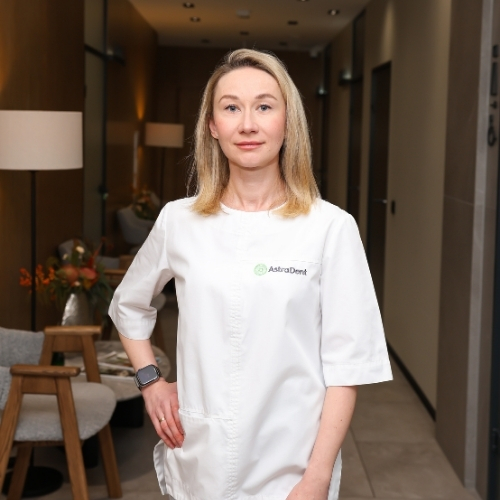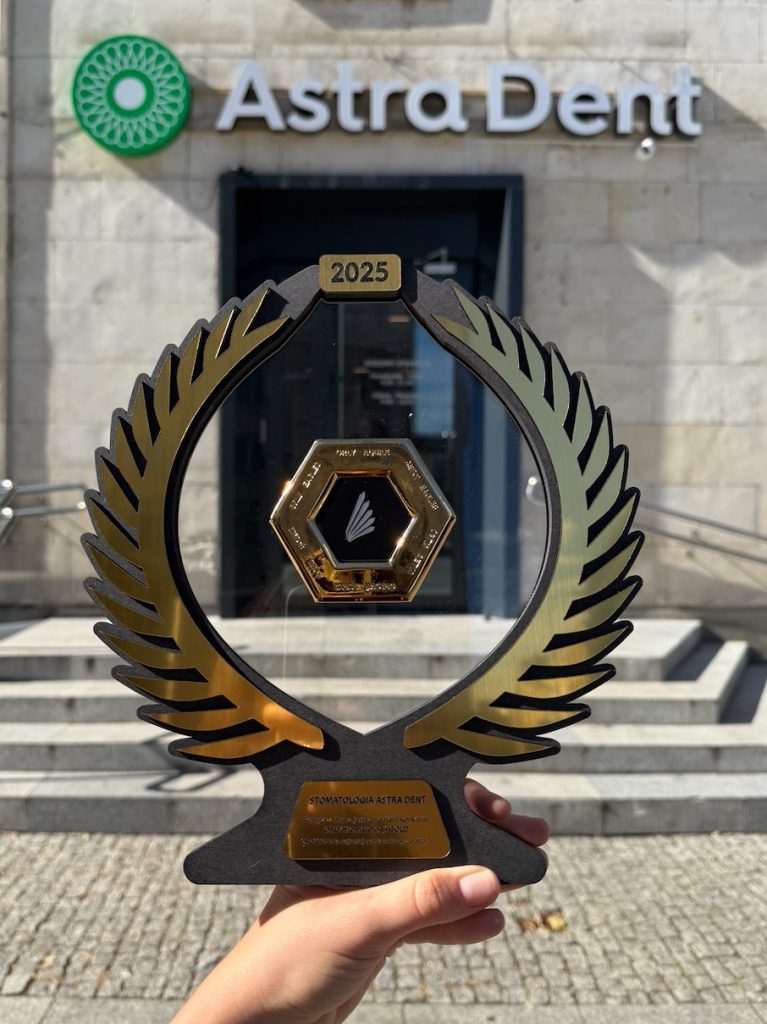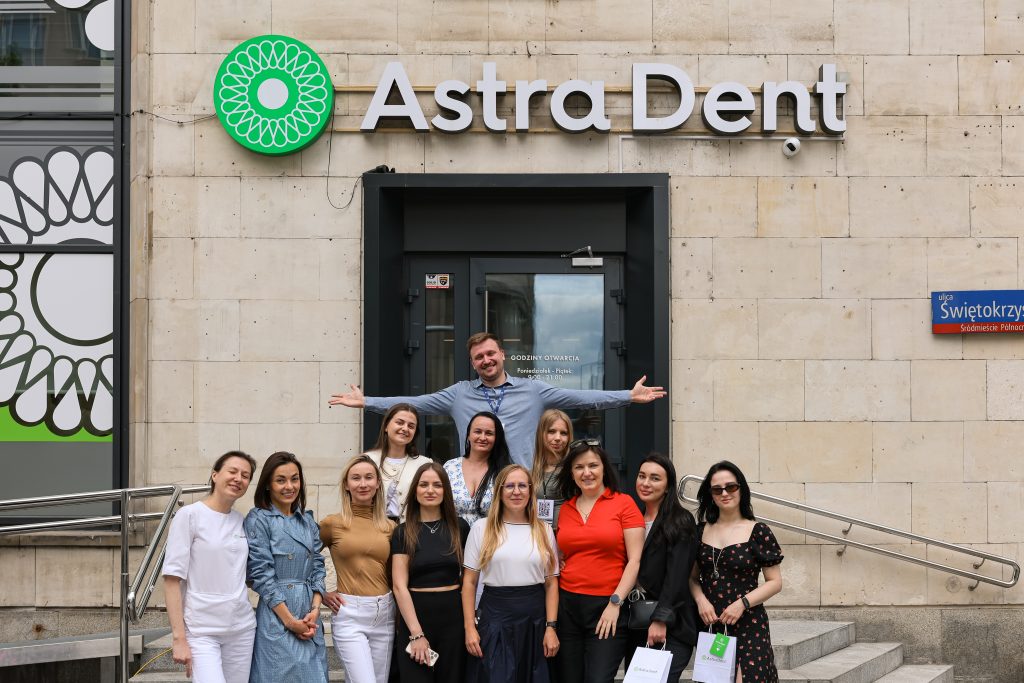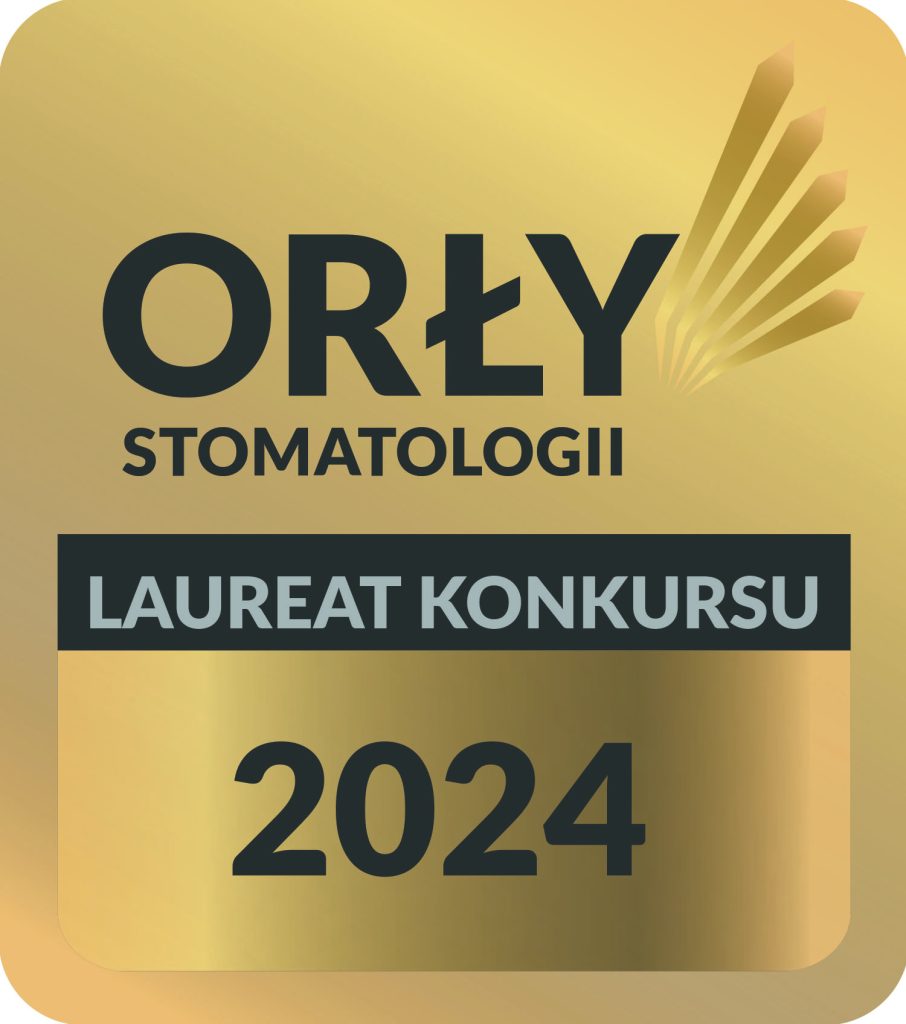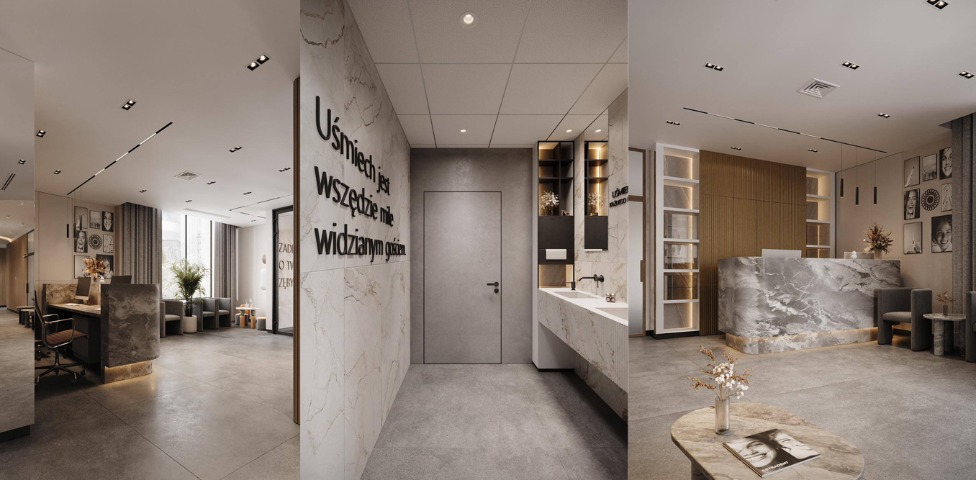satisfied patients
Сhildren's dentistry
Book a visit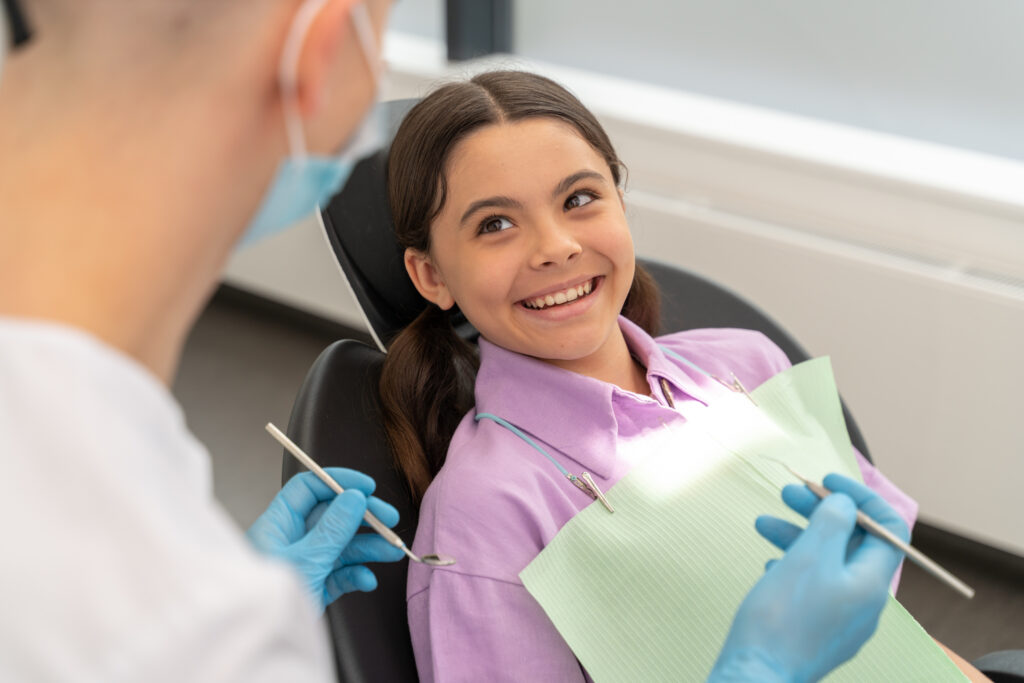
Dental treatment
Our prices
| Pediatric surgery | |
|
from 600 zł
|
|
| Pediatric dentist consultation | |
|
Consultation and examination
from 100 zł
|
|
More on specialty
Dentistry for children deals with the treatment of younger patients. Since the children’s maxillofacial apparatus is just forming, the problems related to the oral cavity are different from the problems of adults. Working with children requires a special approach, as they are more mobile and perceive the emotions of a visit to the dentist in a different way. Our qualified dentists support children from the first adaptation visit. They help children get used to dental instruments, explain procedures and respond to the needs of young patients. Astra Dent doctors also provide parents with advice on supporting their child during procedures.
What is children’s dentistry and what procedures are most often performed in it?
It may seem that baby teeth are temporary and do not need the same attention as permanent ones. However, this is far from the case. Careless treatment of milk teeth can negatively affect the development of permanent teeth.
From the moment the first milk teeth appear, it is important to regularly visit a children’s dentist, that is, a pedodontist. First, preventive procedures are carried out, and in the presence of caries, treatment must be carried out.
Our pedodontists monitor the development of the jaw and bite from the first visit. If any abnormalities are found, they refer the little patient to orthodontic treatment, which is also available at Astra Dent.
The most common types of treatment include:
- Fluoridation — as part of prevention, the teeth are covered with a special preparation (in the form of a gel or paste). This product is designed to protect against caries and tooth sensitivity.
- Rubbing — a solution that can be applied to milk teeth. If the caries is small, our pedodontist removes it and covers the tooth with a special preparation that stops the development of caries. The procedure must be repeated, as it is not the final treatment of the tooth from caries.
- Sealing is a preventive procedure for filling natural fissures of primary and permanent teeth. This reduces the chance of food residue getting stuck in the tiny gaps between the teeth.
- Sealing of the carious cavity — if it is found that the caries in the tooth is so widespread that lapis is not enough, it is necessary to carry out standard treatment. First, the pedodontist cleans the tooth, and then fills the cavity with a filling.
- Endodontics, or root canal treatment — treatment is used in extreme cases, when the pulp of the tooth is infected as a result of untreated caries. Treatment of children’s root canals is much more difficult due to the complex structure of milk teeth.
- Orthodontic treatment — correcting an incorrect bite — is a matter not only of aesthetics, but also of dental health. The sooner the treatment is started, the faster the expected results are achieved. That is why orthodontic treatment is one of the most frequently used methods in young patients. The ideal age for starting such treatment is about 12-13 years.
We recommend that our youngest patients see a pedodontist every 4-6 months. This allows us to monitor the state of his teeth in real time so that we can act as quickly as possible if there are any alarming changes.
What is an adaptation visit and why is it worthwhile?
An adaptation visit is the first meeting between a doctor, a young patient and parents. The Astra Dent team shows the child the equipment and apparatus in the dental office. At the end of the visit, the oral cavity is examined, and our pedodontist tells the child what exactly he will do.
The visit is adapted to the patient’s age. The child can ask questions, touch different objects and get used to dental instruments. Thanks to adaptation visits, we can avoid traumatic dental treatment, and we have the opportunity to support the little patient and his parents and show them that we are here for them.
What types of anesthesia are used in pedodontics?
As with adult patients, there are cases when dental treatment for a child requires general anesthesia. We usually recommend anesthesia for long and complex procedures. We also recommend using anesthesia for those children who are very fearful of dental procedures.
newest equipment for treatment and disgnostics
years of successful experience in dentistry
minute walk from Świętokrzyska metro station
Best specialists
We employ only highly qualified doctors. Astra Dent dentists regularly attend professional master classes and internships in Poland and abroad.
All doctorsHot offers

Specialist Consultation + CT Scan for 349 zł
Time to take care of your smile
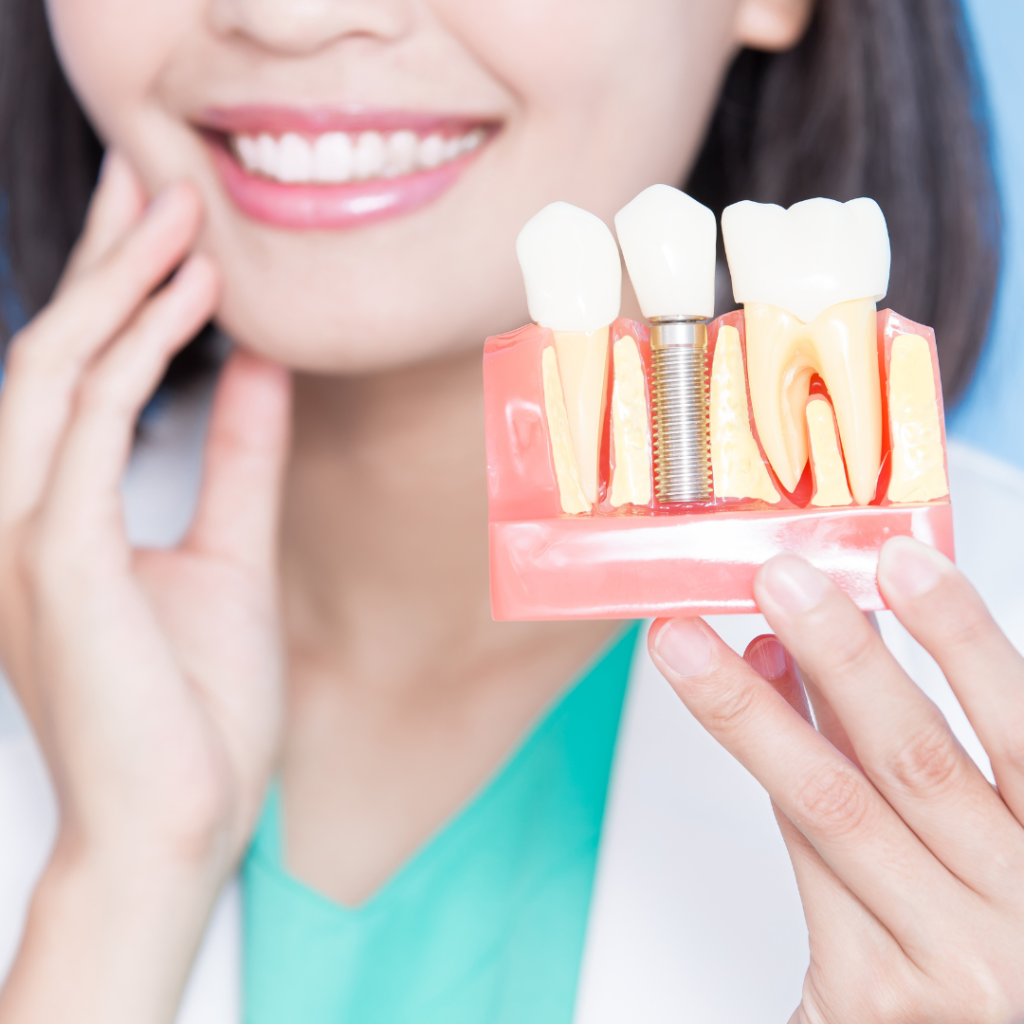
Implant Megagen for 2500 zł only
This solution provides durability, comfort, and a natural look, allowing you to enjoy everyday comfort.

Professional Dental Cleaning 4in1 + Check-up for 350 zł
The beginning of a new year is the perfect time to focus on your health and build good habits.

Surgical and implantology consultation with CT for PLN 350!
The special offer for PLN 350 is valid until July 31, 2025.

